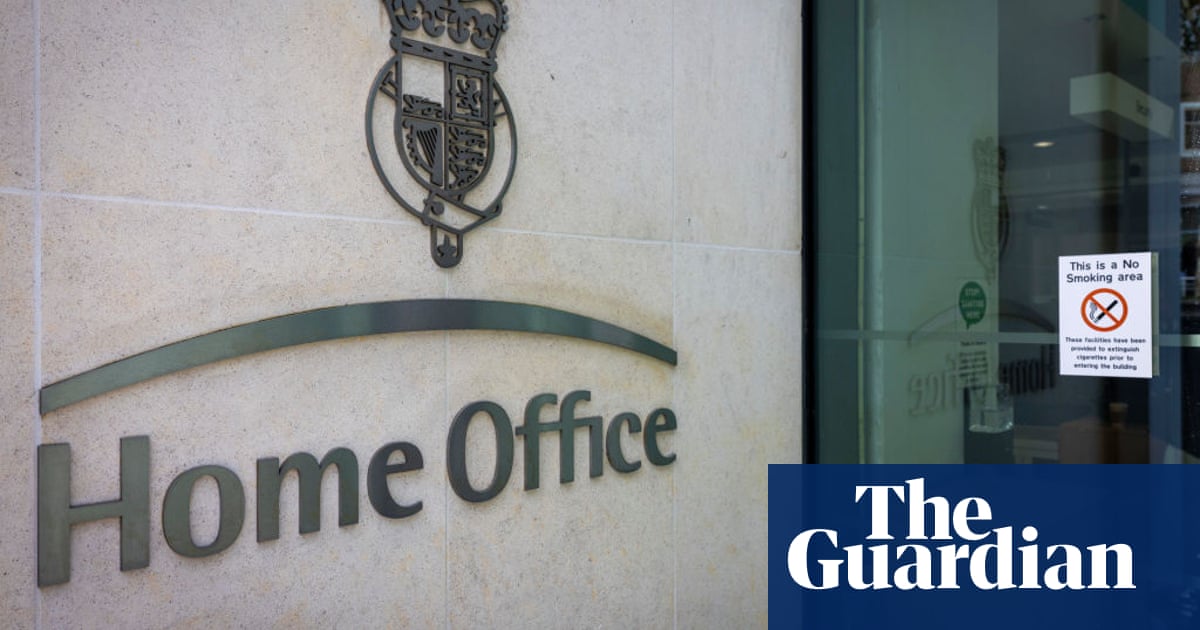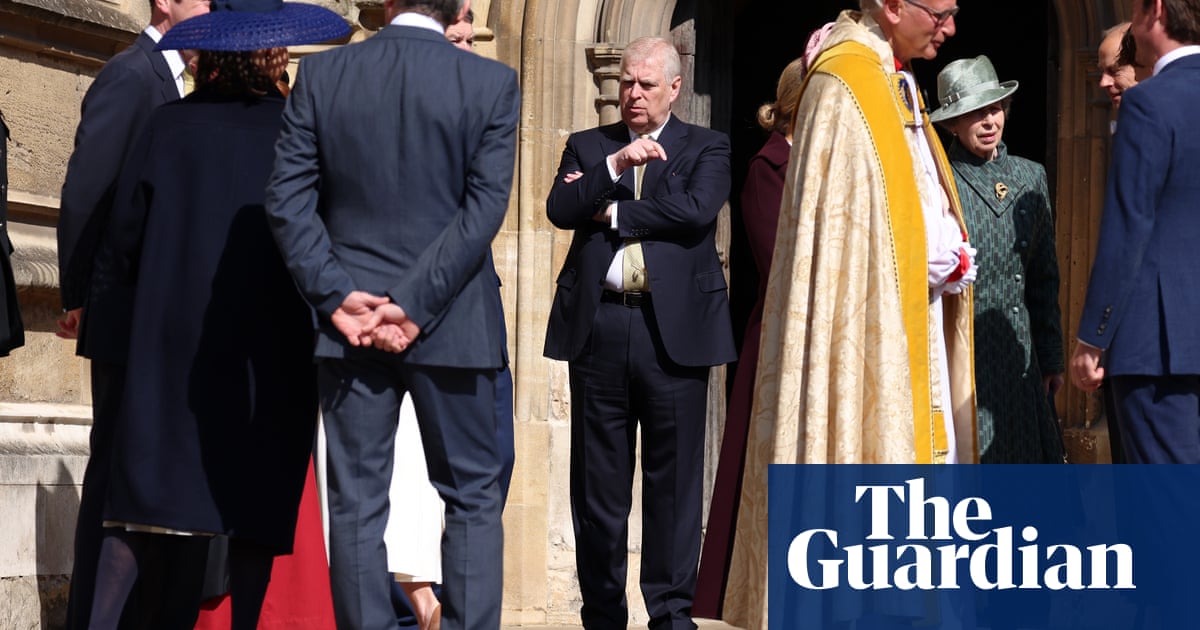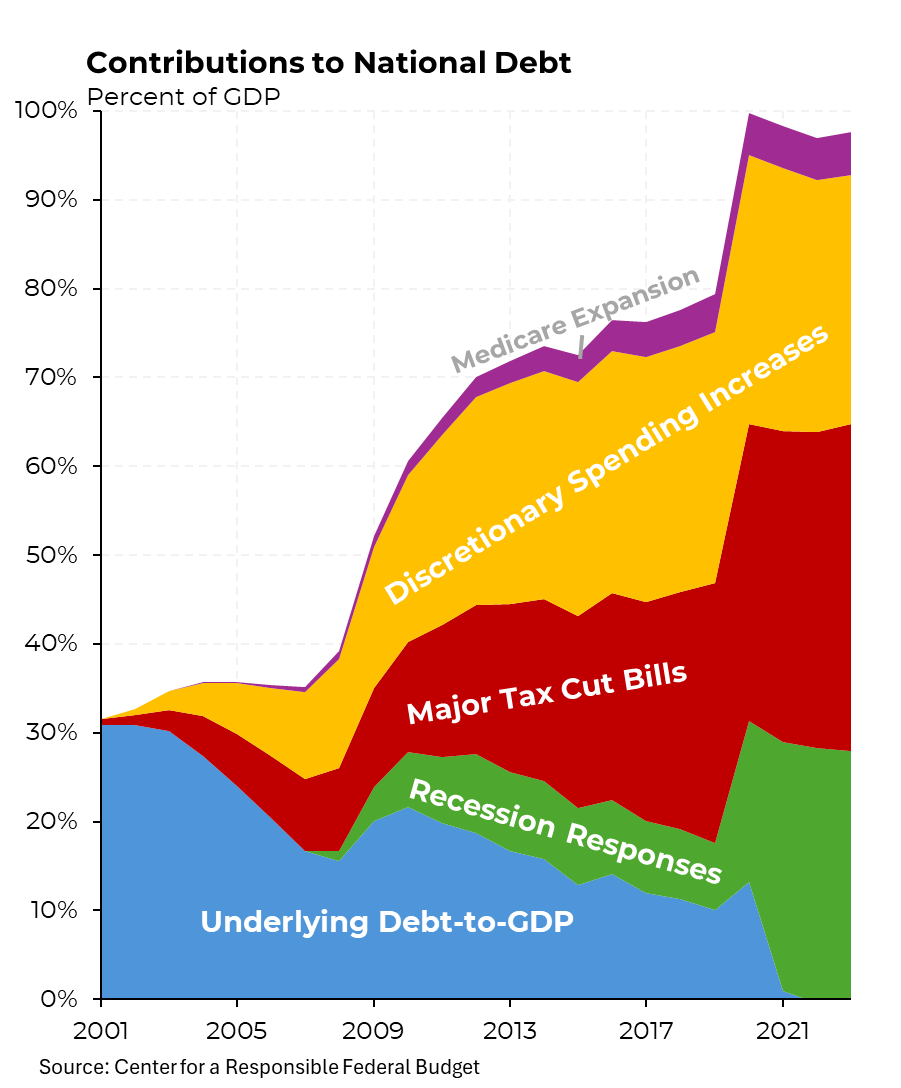Trump's New Tariffs Spark Global Concerns Over Trade Relations
MEXICO CITY (AP) — In a bold move announced on Wednesday, U.S. President Donald Trump introduced a series of sweeping tariffs targeting key trading partners, an action that has prompted measured yet concerned reactions across the globe. The tariffs, which are referred to by the President as "reciprocal tariffs," range from 10% to an alarming 49%, reflecting the administration's stance on perceived trade imbalances that have reportedly afflicted the United States for decades. During his announcement, Trump framed these new tariffs as not just an economic strategy but also as a matter of national security, asserting that they were essential to protect American jobs and industries. "Taxpayers have been ripped off for more than 50 years," he declared, pledging that these measures would bring back jobs and factories to the U.S. and bolster the American way of life. Responses from affected nations revealed a reluctance to plunge headfirst into a trade war. British Business Secretary Jonathan Reynolds emphasized the United Kingdom's ongoing alliance with the U.S. and expressed hopes for a trade deal that could alleviate the impact of the newly imposed 10% tariffs on British goods. “Nobody wants a trade war and our intention remains to secure a deal,” Reynolds stated, also underscoring that the government was prepared to defend the U.K.’s national interests. The Confederation of British Industry, representing major businesses, supported this cautious approach against immediate retaliation. In contrast, Italy’s Prime Minister Giorgia Meloni denounced the 20% tariffs targeting the European Union as "wrong," arguing that they would not benefit either side. She highlighted the urgency of negotiating an agreement with the U.S. to avoid a trade war, which she warned could weaken the transatlantic alliance in favor of other global competitors. Meloni affirmed her commitment to Italy's economic interests, indicating a collaborative approach with other European partners. On the other side of the globe, Australian Prime Minister Anthony Albanese expressed strong disapproval of the tariffs imposed on his country, labeling them "totally unwarranted." Albanese pointed out that the U.S. tariffs contradict the spirit of the existing free trade agreement, which typically establishes a basis of mutual benefit. "A reciprocal tariff would be zero, not 10%,” he noted, emphasizing the logical inconsistencies in the U.S. administration's approach. He also referred to concerns regarding the ban on U.S. beef imports due to biosecurity measures, further complicating the trade dynamics. New Zealand's Trade Minister Todd McClay echoed these sentiments, rejecting the U.S. administration's claims about the tariffs New Zealand imposes. He clarified that New Zealand operates on a very low tariff regime, with rates below the 10% baseline established by the U.S. McClay chose to refrain from retaliatory measures, stating that such actions would inflate prices for New Zealand consumers. Notably exempted from these latest tariffs were Mexico and Canada, thanks to their existing free trade agreement with the United States, although the previously announced 25% tariffs on auto imports loomed ominously. Mexican President Claudia Sheinbaum stated that she would wait for clarity on how Trump’s tariffs would specifically affect Mexico before deciding on any actions. "It’s not a question of if you impose tariffs on me, I’m going to impose tariffs on you," she asserted, emphasizing her focus on enhancing Mexico's economy. Canada had previously enacted retaliatory tariffs in response to the 25% levies related to the trafficking of fentanyl, while the European Union reacted to Trump’s steel and aluminum tariffs by imposing taxes on approximately 26 billion euros’ worth of U.S. goods, including bourbon. This cycle of tariffs has escalated tensions, with Trump hinting at a staggering 200% tariff on European alcohol products. The timeline of these developments has led to an air of uncertainty. Chilean President Gabriel Boric, speaking from a business forum in India, cautioned that such aggressive tariffs could disrupt established international trade principles, adding to global economic instability. Following Trump's announcement, Chile was subjected to the baseline reciprocal tariff of 10%, highlighting the broader implications of these policies. Experts warn that an all-out trade war may yield minimal benefits for either side. Matteo Villa, a senior analyst at Italy’s Institute for International Political Studies, remarked, "Once again, Trump has put Europe at a crossroads." He further explained that while the EU might feel compelled to respond to high tariffs, it would ultimately hurt Europe more than the U.S., given that European economies are more reliant on exports to the U.S. The overarching sentiment among analysts is that retaliatory measures could lead to a downward spiral, further damaging transatlantic relations and economic stability. "Trump seems to understand only the language of force, and this indicates the need for a strong and immediate response," Villa concluded. In the wake of this announcement, global leaders and economic analysts are left pondering the implications of these tariffs as they navigate an increasingly complex international trade landscape.


















